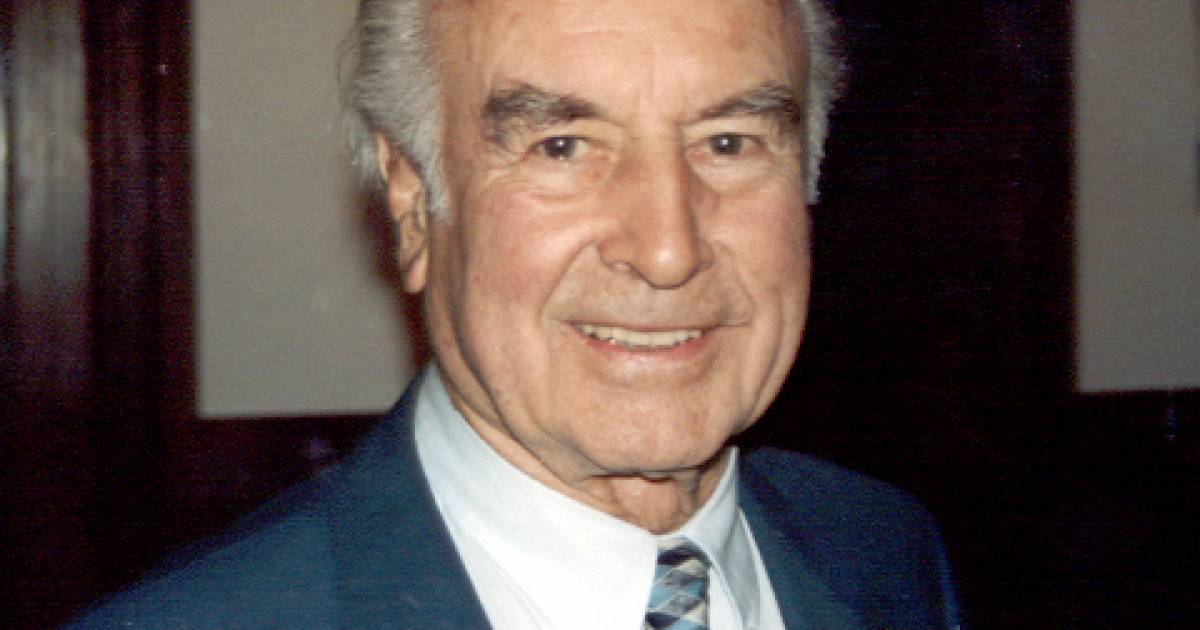Albert Hofmann, renowned as the father of one of the most controversial substances in history, passed away at the remarkable age of 102. His creation, lysergic acid diethylamide—commonly known as LSD—was not merely a compound; it was a catalyst for profound shifts in societal, cultural, and psychological paradigms. As we reflect on Hoffmann’s legacy, it becomes imperative to explore not only his contributions to science but also the implications of his invention in the broader context of human consciousness.
Born in 1906 in Baden, Switzerland, Hofmann demonstrated an early fascination with the intricacies of chemistry. His academic journey led him to the Sandoz Laboratories, where he would undertake research that would unknowingly alter the course of 20th-century history. In 1938, he synthesized LSD while investigating medicinal derivatives of ergot, a fungus notorious for its hallucinogenic properties. Yet, it wasn’t until five years later that he serendipitously discovered its psychotropic effects through a self-experimentation process that has since become legendary.
The exhilaration Hofmann felt during his first LSD trip paved the way for a new understanding of the mind—a realm that remained largely uncharted in the scientific community. He described the experience as a revelation, a vivid exploration of his inner self that he believed could unlock the doors of perception. The ensuing decades would see LSD emerge from the laboratory and find its way into the counterculture movements of the 1960s. Artists, musicians, and thinkers alike embraced the substance, heralding it as a tool for enhanced creativity and introspection.
However, this shift towards psychedelic experiences was not without contention. The relationship between LSD and its societal ramifications drew a polarizing line; while some extolled its potential for therapeutic applications, others decried it as a harbinger of chaos. Hofmann himself expressed concerns regarding the misuse of his creation, advocating for responsible and respectful engagement with psychedelics. His life was a testament to the duality of humanity’s quest for enlightenment through exploration—and the ethical considerations that accompany such pursuits.
Hofmann’s passing invites us to reconsider the dialogues surrounding psychedelics today. As we stand on the precipice of a renaissance in mental health treatment, the lessons embedded in Hofmann’s legacy remain sharp and poignant. The growing interest in psychedelics as therapeutic agents challenges traditional paradigms, promising a shift in perspective on mental health and consciousness itself.
As we bid farewell to a pioneer whose curiosity transcended the bounds of conventional science, one cannot help but feel a sense of intrigue for what lies ahead. Hofmann’s vision for a compassionate and enlightened usage of psychedelics presents an opportunity for contemporary society to engage in a collective introspection—a challenge to unlock the ever-elusive doors of perception and understanding. In reflecting on his life and contributions, we may yet stumble upon the keys to a deeper connection with ourselves and the world around us.
